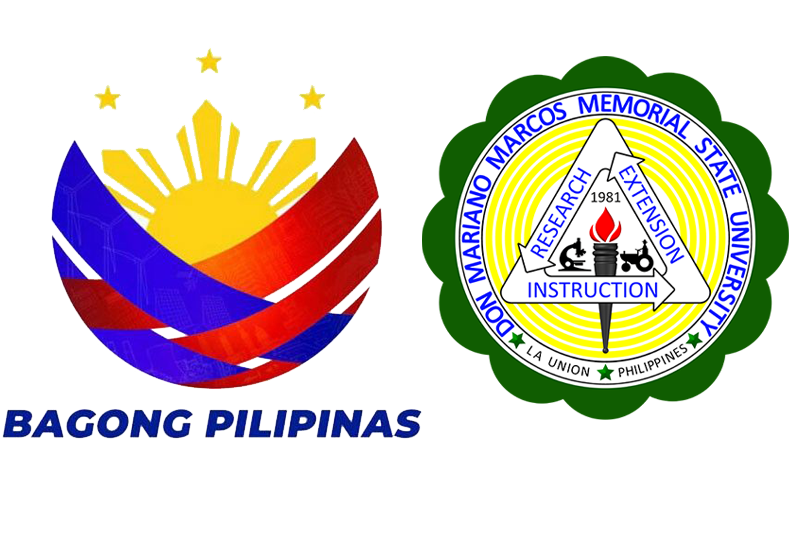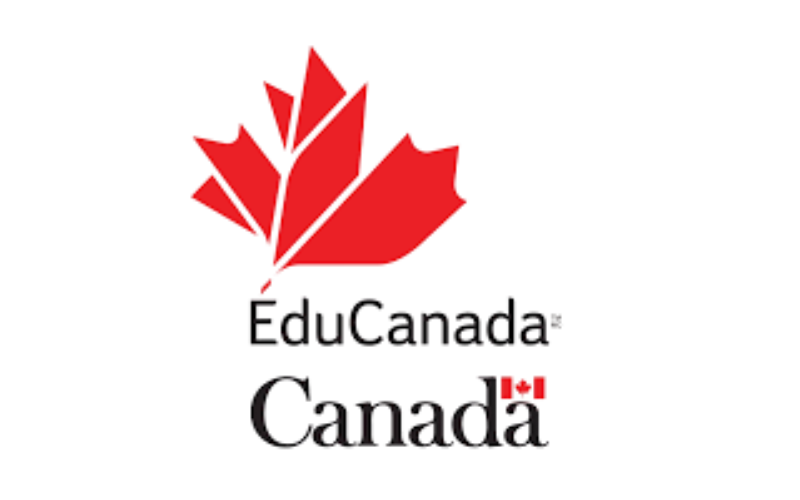
The DMMMSU University Student Council (USC) is the student government body that represents the student body at Don Mariano Marcos Memorial State University. It serves as a liaison between students and the administration, advocating for students’ rights, welfare, and overall academic experience. The USC organizes events, leadership programs, and activities to promote student engagement and foster a sense of community on campus. While the council does not directly manage scholarships, it plays a key role in disseminating information about available financial aid and scholarships. Additionally, the USC advocates for more scholarship opportunities and financial assistance for students in need. Through these efforts, the USC ensures that students have access to the support and resources they need for a successful university experience.
The Canada-ASEAN Scholarships and Educational Exchanges for Development program aims to reduce poverty in the developing countries of ASEAN and to achieve the 2030 Agenda for Sustainable Development . Scholarships and educational exchanges will contribute towards the achievement of all Sustainable Development Goals (SDGs). SEED contributes to strengthening people-to-people ties between Canada and the Indo-Pacific region.
SEED scholarships are facilitated through institutional collaborations and student exchange agreements between post-secondary institutions in Canada and their partner institutions in ASEAN countries.
The Canada-ASEAN Scholarships and Educational Exchanges for Development Program is a short-term exchange program offered by Global Affairs Canada. Canadian institutions interested in participating should promote the program to their faculty, staff and eligible partner institutions. Institutions in ASEAN member states interested in sending their students to Canada should explore student exchange agreements with Canadian institutions. Students wishing to pursue short-term studies or research in Canada should review the eligibility criteria and contact their institution’s international office for application details. Canadian institutions must apply on behalf of eligible candidates.
Australian Agency for International Development (AusAID) is Australia’s bilateral aid agency. AusAID provides assistance to the financial sector under the broad policy framework of private sector development and governance through training and scholarships, technical assistance and policy analysis. AusAID focuses on enhancing the financial sector regulatory framework, corporate governance and the strengthening of financial institutions. Priority is given to micro-finance and small and medium enterprise (SME) development in the East Asia and Pacific region, particularly in Papua New Guinea, Indonesia, Timor-Leste, Vietnam, Philippines, China, Cambodia, Bangladesh, Solomon Islands and Thailand.
The European Union (EU) provides significant development assistance through a wide range of mechanisms and institutions. The EU’s Directorate General for Development (DG DEV) forms EU development policy on regional and sectoral levels, concentrating on ACP (Africa, Caribbean and Pacific) countries. DG DEV collaborates closely with EU member states, international financial institutions, regional development banks and all EU institutions involved in development activities.
The Philippine-American Educational Foundation is the oldest, continuing Fulbright Commission in the world that administers the flagship foreign exchange scholarship program of the United States of America in the Philippines, aimed at increasing binational research collaboration, cultural understanding, and the exchange of ideas between the two countries.
The DAAD is the world’s largest funding organisation for the international exchange of students and researchers. Since it was founded in 1925, around 3 million scholars in Germany and abroad have received DAAD funding. It is a registered association and its members are German institutions of higher education and student bodies. Its activities go far beyond simply awarding grants and scholarships. The DAAD supports the internationalisation of German universities, promotes German studies and the German language abroad, supports countries in the Global South in building and improving their higher education systems and advises decision makers on education, foreign science and development policy.
Japan International Cooperation Agency (JICA) is Japan’s bilateral aid agency responsible for the transfer of technical assistance and knowledge to the recipients of Japan’s Official Development Assistance. JICA funds the dispatch of financial sector experts and training programs in public finance, banking, capital markets and corporate management. The majority of assistance is directed towards countries in Asia.
The United Nations Capital Development Fund (UNCDF), a member of the United Nations Development Program (UNDP), provides technical assistance and capacity building to developing countries through local development programs and micro-finance projects.
Assistance Countries:
Afghanistan, Angola, Bangladesh, Benin, Bhutan, Burkina Faso, Burundi, Cambodia, Cape Verde, Central African Republic, Comoros, Eritrea, Ethiopia, Gambia, The, Guinea, Guinea-Bissau, Haiti, Liberia, Lao PDR, Madagascar, Malawi, Mali, Mauritania, Mozambique, Nepal, Niger, Rwanda, Senegal, Sierra Leone, Sudan, Tanzania, Timor-Leste, Togo, Uganda, Yemen, Republic of, Zambia, Vietnam, Nicaragua, Côte d’Ivoire, Egypt, Arab Republic of, Ghana, Guatemala, Kenya, Morocco, Mexico, Mongolia, Nigeria, Pakistan, Philippines.
The United States Agency for International Development (USAID) is the bilateral agency responsible for development cooperation. USAID provides assistance in a wide range of areas, including the financial sector. USAID’s financial sector work covers over 100 countries, with the broad goal of identifying and addressing constraints to the emergence of a sound financial system in developing and transitional economies worldwide. Since 1988, USAID has provided $1.5 billion in financial sector technical assistance in over 800 projects worldwide. USAID’s priority areas in the financial sector include, banking, capital markets, micro-finance/SME development, insurance and pensions, housing finance and supporting financial sector legal and regulatory reform.
The World Bank Group is a multilateral development bank comprised of five multilateral agencies, the International Bank for Reconstruction and Development (IBRD), the International Development Agency (IDA), the Multilateral Investment Guarantee Agency (MIGA), the International Finance Corporation (IFC), and the International Center for Settlement of Investment Disputes (ICSID). Lending and technical assistance to the financial sector is provided by IBRD, IDA, and the IFC. The World Bank’s most visible financial sector program is the joint World Bank and IMF Financial Sector Assessment Program (FSAP), which was established in 1999 to identify financial system strengths and vulnerabilities in member countries. The World Bank also participates with other standard-setting organizations, such as the Basel Committee, IOSCO, and IAIS to ensure that International Standards and Codes properly reflect the perspectives of developing countries. The Financial Sector Vice Presidency within the IBRD provides the bulk of financial sector assistance in the form of grants, loans and capacity building in a wide range of topics, including banking systems, capital markets, housing finance, insurance, payments systems, rural and micro-finance, anti-money laundering/combating the financing of terrorism, small and medium enterprises and the financial sector legal and regulatory framework.













